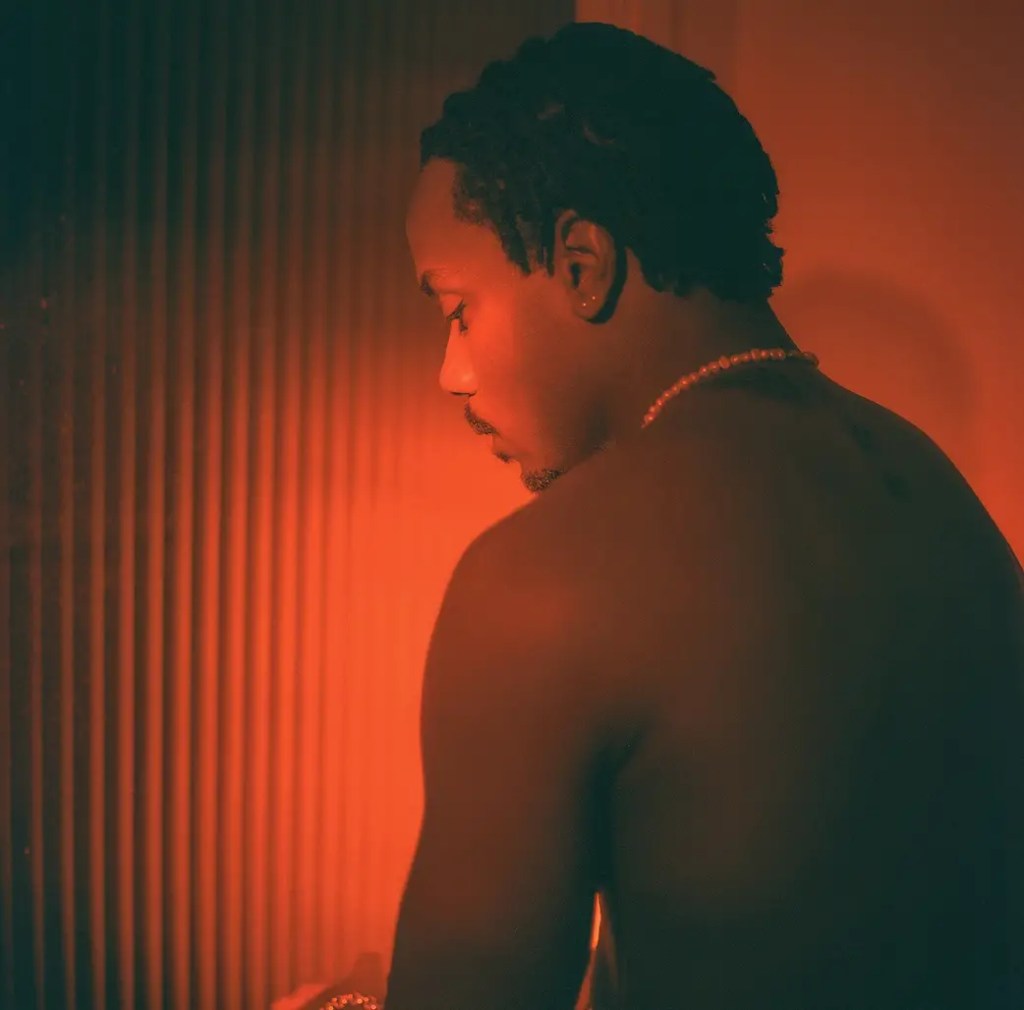From seemingly out of nowhere, Channel Tres emerged as a fully formed artist when “Controller” dropped in 2018. His smooth talk-rap sprechstimme over sleek, nocturnal Detroit and New York style house grooves, was both a callback to old school hip-house and the electro-hip hop of the 80’s of his hometown of Compton. It was immediately clear that Channel had an interesting and specific vision – whether it was the music or his personal style – crisp slacks and button ups mixed with heyday hipster vintage big jackets and beanies – or his well-produced early videos that were mostly shot locally, and highlighted the vibrancy of one of L.A.’s most resource-neglected but culturally rich sections.
But Channel didn’t just come out of nowhere. He worked first as a songwriter and producer for Wale and Duckwrth, then as a solo artist, building and expanding his sound and image over singles and EPs, picking up on and synthesizing strands of Black electronic dance music from techno to Chicago house, British broken beat, funk music, hip-hop, and pop. Lately, he’s infused the gospel music that he grew up in and around.
As the music got deeper, Channel quickly gained a devoted following, including one fan by the name of Elton John. He opened up for big name artists like Robyn, Vince Staples, and Childish Gambino, and released several EPs, including last year’s refresh, an album of instrumental, Low End Theory-style hip hop-meets-dance beats.
Channel’s sound sutures various underground Black electronic dance genres into tightly constructed pop, helping to pav the road that two of the world’s biggest pop stars, Drake and Beyonce, drove down – to much critical acclaim – last year.
Recently, Channel has introduced an even slicker dance–pop element into his music and headlined an international tour in advance of this Friday’s Real Cultural Shit – an EP of big funky Moog-gy bass lines, gospel-house inspired emotional moments, and even some horns. We caught up with Channel over two days over the phone to talk about dancing, being sober, and bringing the soul and feeling of gospel to electronic music. – Sam Ribakoff

